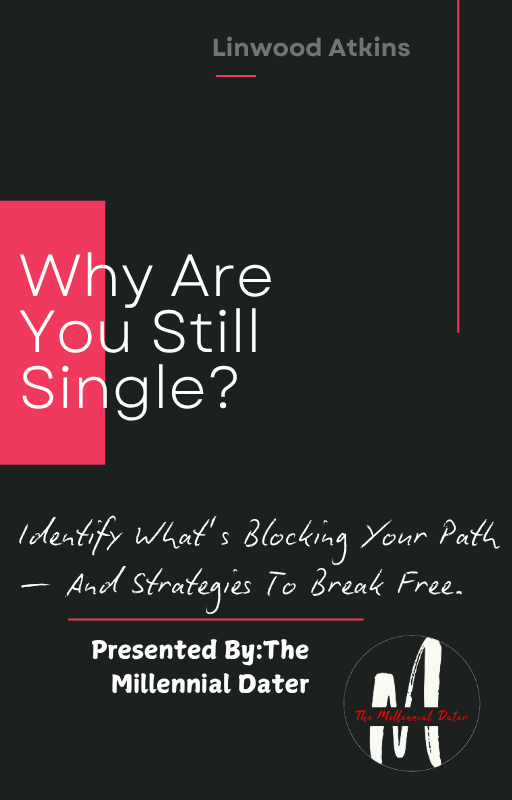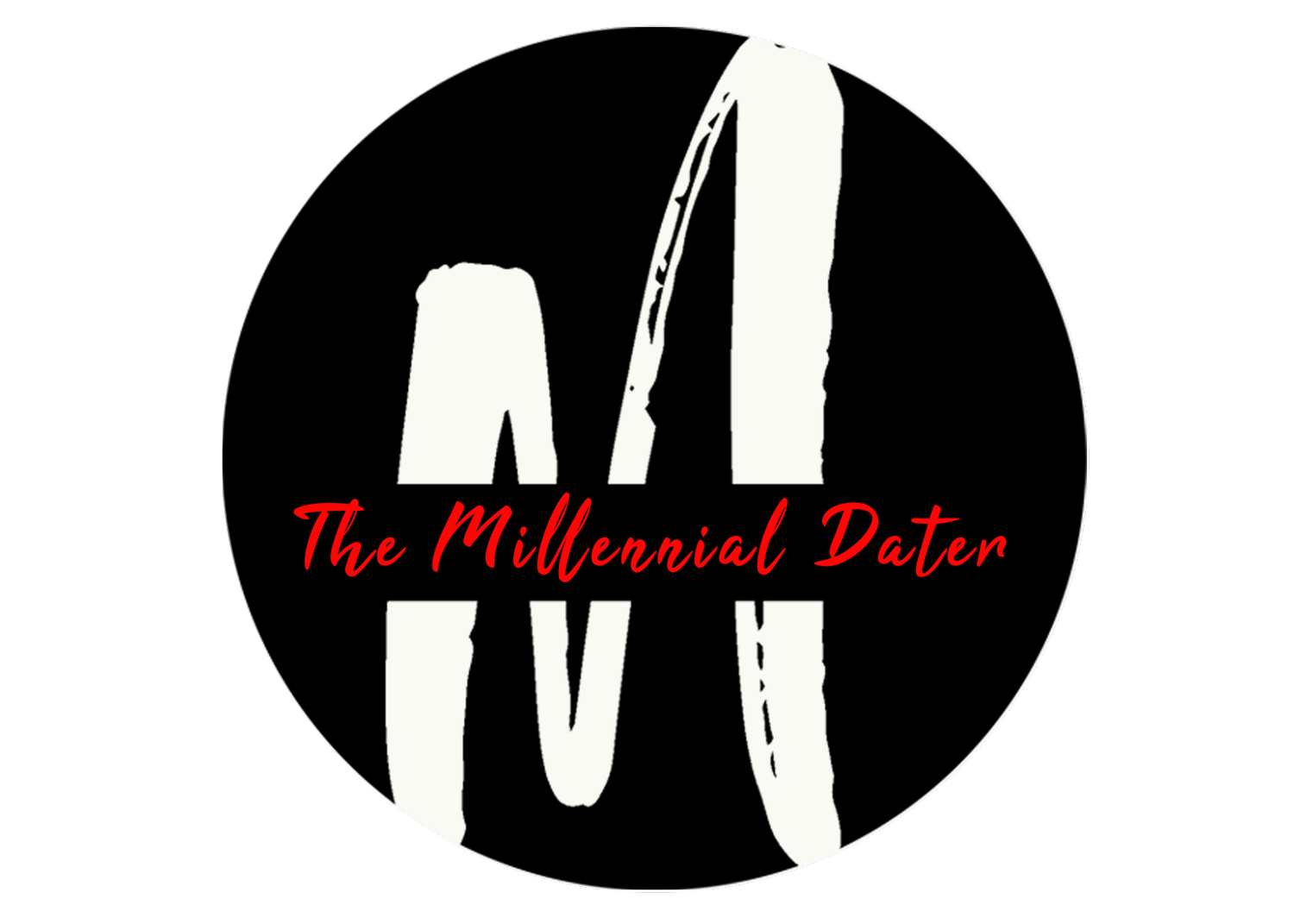The Chemistry Test
“Why That Spark Might Be Misleading You”
You know that electric jolt when you lock eyes with someone across the room? The butterflies, the racing heart, the magnetic pull that has you checking your phone every five minutes, hoping they've texted? That's chemistry, and it's intoxicating.
After working with countless singles, I've discovered something surprising: intense chemistry often blinds you to what actually matters.
I hear the same story regularly. "We had such amazing chemistry at first," they tell me, genuinely confused about what went wrong. "The attraction was off the charts. The conversations flowed effortlessly. It felt so right."
Then I ask a simple question: "What did you actually have in common?"
The room gets quiet.
When Chemistry Becomes a Distraction
Chemistry is real, and it matters. The problem isn't that chemistry exists—it's that we've made it the primary indicator of relationship potential.
Think about your dating history. How many times have you pursued someone because the chemistry felt undeniable, only to discover months later that you wanted completely different things? Maybe they were commitment-phobic while you were ready to settle down. Perhaps they valued adventure while you craved stability. Or you discovered fundamental differences around money, family, or future goals.
The chemistry was there. The compatibility wasn't.
Here's why: Chemistry operates in the present moment. It's about how someone makes you feel right now—excited, desired, alive. Compatibility operates in the future. It's about whether you can build a life together over years and decades, not just weeks and months.
Chemistry asks: "Does being with this person feel good?" Compatibility asks: "Can I actually build a life with this person?"
Both matter. But if you only ask the first question, you'll keep ending up in relationships that burn bright and fast, then fizzle into disappointment.
What Compatibility Actually Looks Like
Real compatibility means finding someone whose life fits with yours in practical, sustainable ways while still maintaining attraction. Consider these core areas:
Shared Values – Do you align on what matters most? Family approach, career ambitions, financial philosophy, spiritual beliefs, and how you spend time. Compatible partners don't need identical values, but their core principles should complement rather than contradict.
Emotional Maturity – Can they communicate when things get difficult? Take responsibility for their actions? Regulate their emotions? Someone can give you butterflies while being emotionally unavailable or incapable of healthy communication. Chemistry won't fix that.
Life Stage and Goals – Are you heading in the same direction? If they're not ready for commitment while you want marriage soon, the timing is off. Chemistry can make you overlook these realities—until they become impossible to ignore.
Lifestyle Compatibility – How do you each want to spend your time? Are you a homebody or do you thrive on social activity? Do your routines complement each other? Daily life is built from small details that intense chemistry can mask temporarily.
Communication Styles – Do you process emotions the same way? Can you both express needs clearly and listen genuinely? Strong chemistry can mask incompatible communication styles until you face a situation requiring real conversation.
The Chemistry Test: Questions to Ask
Before getting swept away, pause and assess compatibility. Here are essential questions:
Values Check:
How do they handle money? Does it align with your philosophy?
What role does family play in their life?
What are their views on commitment and the future?
Emotional Intelligence Check:
How do they respond when you set a boundary?
Can they apologize sincerely?
How do they handle stress and disappointment?
Life Goals Check:
Where do they see themselves in five years?
Do they want children? If so, when?
Are they willing to relocate if needed?
Day-to-Day Check:
Do your energy levels and social needs match?
Can you comfortably share space?
The Bottom Line
Chemistry gets you interested. Compatibility keeps you together.
The best relationships have both—that initial spark combined with deep compatibility. But if you must choose between amazing chemistry with poor compatibility or solid compatibility with slower-building chemistry, choose compatibility every time.
Chemistry can grow. I've seen couples who started as friends develop genuine passion over time. What begins as mild interest can become something powerful when you're with someone who truly gets you and shares your vision.
But compatibility? That rarely develops from nothing. If your values clash, if your goals contradict, if your communication creates constant friction—more time won't fix those fundamental mismatches. Chemistry might keep you hooked temporarily, but reality eventually sets in.
Stop leading with chemistry and hoping compatibility follows. Start assessing compatibility early, then let chemistry develop naturally with someone actually right for you. That person who checks your boxes might not give instant butterflies, but they might offer something better: a relationship that lasts.
Trust the chemistry test. Your future self will thank you.
Ready to take the next step in your love life?
Whether you’re seeking clarity through coaching or ready to be matched with someone special, we’ve got you covered.

